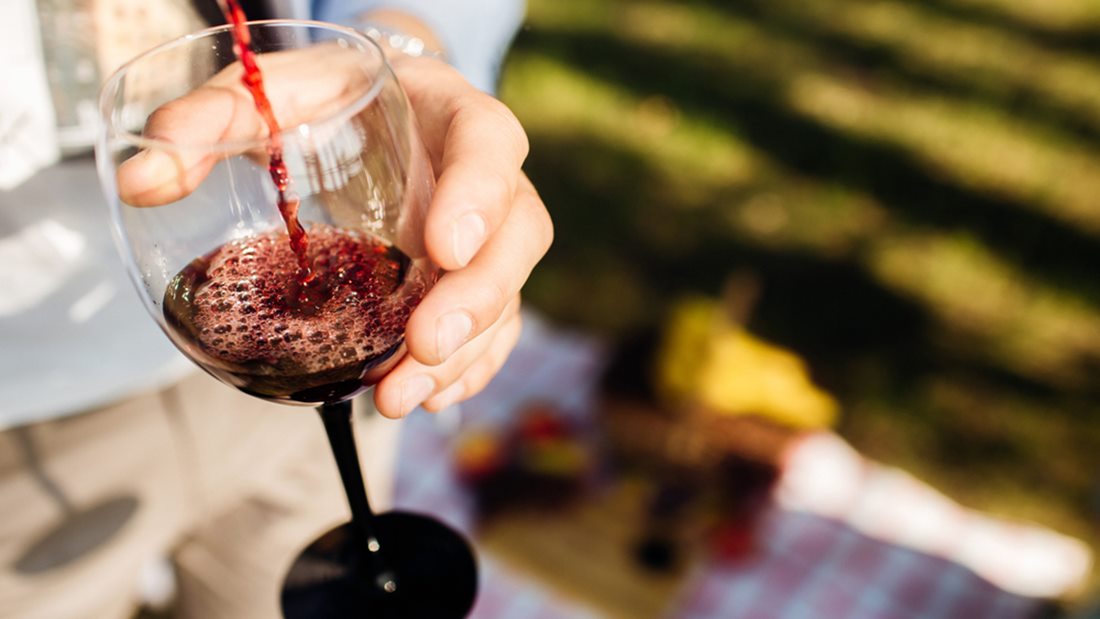
21 Dec What Exactly Are Vegan Wines?
It may come as a surprise to some to learn that wine may sometimes contain traces of animal products. And this can prove to be a problem for vegetarians or vegans. But many traditional winemaking processes are giving way to new and today a number of wineries throughout the world and in an Australia produce vegan wines.
Young wine always contains floaters which is why it appears cloudy. These floaters do naturally correct over time; however winemakers prefer to speed things up and run them through a fining process. Some of the agents they use in this process have a negative charge while others are positively charged. Once added to wines, the agents attract their polar opposites making the particles too large to stay afloat.
Over time, they form a sediment and drop down to the bottom of the oak barrel or tank they’re stored in. Once all of the wine is clear of floaters, the sediment is separated and thrown out. Not only does this help balance out the fruit flavours and tannins, but softens the wine too.
There are different types of fining agents, many of which have originated from animal products. Some of the commonly used fining agents include fish oil, egg albumen, blood and bone marrow, gelatine and isinglass (gelatine derived from the membranes of fish bladders). It’s also why many wine labels carry disclaimers such as – “May contain some traces of fish products or egg white”. Vegetarians and vegans follow lifestyles that are sans any animal products & by-products and these traces can be problematic for them.
Enter Vegan Wines
The good news is that vegans can still enjoy their wines whilst being sure that their wines are free of animal products. Some winemakers use non-animal based fining agents such as potato starch, pea protein, silica gel, limestone and clay. These products emulate fining agents derived from animal products and the wines are suitable for consumption by vegans and vegetarians.
Great quality vegan wine is widely available now, and it’s found at dinner tables where there could be vegan and vegetarian guests. In fact, since these wines are enjoyed by non-vegans too. It’s easier to serve these at a party rather than have different varieties of wine to cater to different guests.
Vegan Wineries
Today a large number of wineries in South Australia have discontinued using animal products in their wine production process and some of these include:
- 919 Wines
- Alpha Box & Dice in McLaren Vale.
- Angove Family Winemakers
- ArtwineBattle of Bosworth Wines
- d’Arenberg
- First Drop Wines
- Fox Creek Wines
- Gemtree Wines
- Heartland Wines
- The Hedonist
- Kalleske Wines
- Kilikanoon Wines
- Ngeringa
- Oliver’s Taranga Vineyards
- Temple Bruer Wineries
- Paracombe Wines
- Paxton
- Serafino Wines
- Tomfoolery Wines
- Tscharke
As you can see there are many wineries in Australia that now produce vegan wines and similar wines-producing processes are used in wineries in other countries as well. Regardless of which wines you prefer and the ones you stock in your wine cellar, it’s important that they be stored in the right conditions.
Custom Wine Cellar Design
Getting a custom wine cellar built is one of the best ways to make sure that all of your wines are stored in the ideal environment with the right humidity and temperature levels. We at Signature Cellars are the expert wine cellar designers that work very closely with our clients in order to make sure that their wine cellars turn out exactly as they envisioned them to be.
To find out about how Signature Cellars can help you design and build a wine storage solution that can help protect your investment and add value to your home, call us on 1300 570 636 or email info@signaturecellars.com.au.
Thanks for reading,
Neil Smallman
Signature Cellars
1300 570 636




No Comments